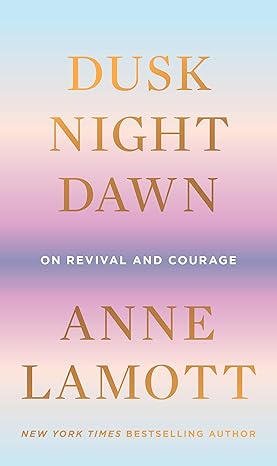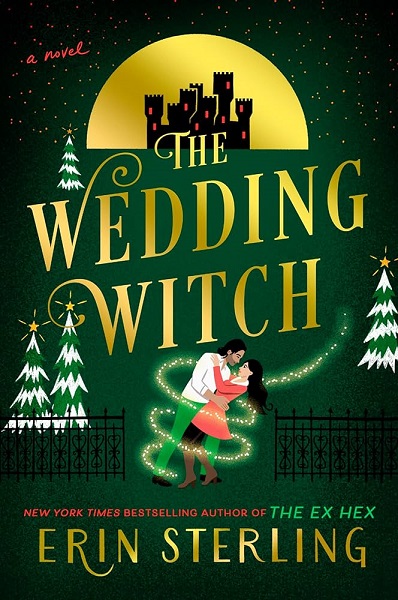Staples has a short reading-speed test which you may find interesting or perhaps amusing:
There are only three short passages to read; you read one, answer three questions on it, get your speed report, then see how long it would take you to read various books and how many books you could read on variety of e-readers without recharging.
Unfortunately, the test itself isn’t very accurate; I’m not sure any test this brief could be. I tried all three possible reading selections (all fiction), and ended up with a nearly-600 point spread. Why such a wide range? To begin with, two of the selections were familiar to me, which meant I could read them more quickly. As you might guess, my worst score was on the unfamiliar selection, coincidentally the first one I tried. Since I knew there would be questions to answer, I read that selection carefully, with more attention to fixing detail in my mind. My reading speed at the “low” end, therefore, was slower than I normally read fiction, but not as slow as I would normally read nonfiction for information I need to retain. My fastest speed was for a passage I knew reasonably well, having read that particular book at least three times (though not in the last 20 years or so.) In that case, my words-per-minute were probably a hair faster than I would normally read a fiction book with which I’m familiar, because for the test, I was focused on speed rather than enjoyment.
The experience of taking this test got me thinking about reading speed, why some people put such emphasis on it, and how much it really matters. Why do we sometimes focus so much on speed, rather than enjoyment, understanding. and retention? If you’re enjoying the novel you’re reading for your book group, why should it matter that it took you longer to read it than it took someone else? (If you’re enjoying it, perhaps it’s better if you don’t normally read at a breakneck pace; you’ll get to spend more time with the characters than the person who finishes the same book in a few hours.) If you’re thinking about, learning from, and digesting a nonfiction book, who cares if it takes a day, a week, a month or even more to get through it? What matters is what you’re getting from the book.
Sure, fast readers can get through more books, but that’s decidedly a mixed blessing. One reason I so often reread books from my own collection is because I can’t afford to buy a new book every day or two (which is how long it usually takes me to get through a fiction book, given the other demands on my time.) I also borrow a lot of books from my local library. I happen to love libraries as well as rereading old favorites, so it’s not as annoying as it could be, but I do sometimes get frustrated. If I find a new author I like, I can whip through their backlist in a few days or weeks… and then have to wait months or years for their next new book. If I get a book for Christmas or my birthday, I often finish it before the day is out. In fact, one of the worst things about reading quickly is that the book, and the experience, is over too soon!
Of course, there are times when you have to fit a certain amount of reading into a limited time. School and college are a obvious examples. Reading speed matters there, in that you must be able to read well enough at a fast enough pace to complete your assignments in the given time (and, usually, retain what you read.) There are also some professions in which reading speed matters. Lawyers, for instance, have to read a lot of briefs and legal material, often under severe time constraints. Those working in the publishing field benefit from reading quickly (also accurately, and often critically.) But for many of us, once we’re done with formal education, a noticeably faster reading speed doesn’t necessarily convey that much of an advantage.
What really matters in the long run is not your words-per-minute, it’s the satisfaction you get from reading. Don’t get into competitive mode. Reading is about interacting with the book. The speed at which you’re comfortable doing that is the speed you should be reading.
* * * * *
A final note: If you feel that your reading speed is slower than average, and it’s having a negative impact on your performance at school or in your career, there are software programs and other methods available to help you increase it. You should also find out if you have visual issues, such as difficulty using your eyes together or tracking across a page, which may be affecting your reading. A regular vision check usually doesn’t identify those sorts of issues; you need to go to an eye doctor who is trained in vision therapy.




































